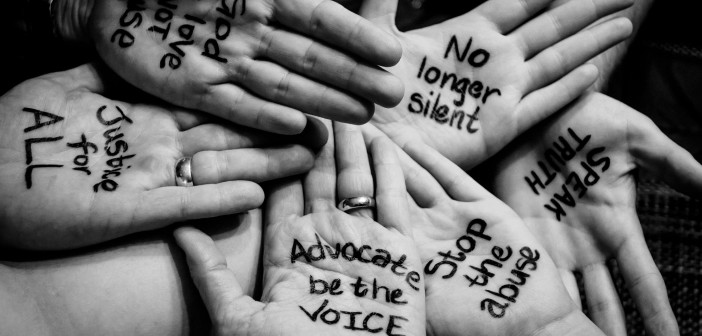Entertainment
4 Serious Reasons You’re Almost Always Tired

As adults, we have numerous responsibilities that keep us on the grind. We also maintain busy lifestyles and most times do not get enough sleep, so when we feel tired or suffer exhaustion we just blame it all on the hustle and close the chapter. Hardly do we take a pause to consider the possibility of it being a sign or symptom of something much more serious…like a health condition.
While stress from work, lack of sleep, and certain bad habits can exhaust you both mentally and physically, feeling tired on a regular basis or when you otherwise shouldn’t usually is a sign of a serious condition that can be treated.
Think about it… do you find yourself constantly worn-out, and struggling to get out of bed in the mornings? Does it happen once in a while or it is consistent? If you realize that you have been tired for a long time, these could be serious reasons why you are plagued by fatigue:
Hormonal Imbalance
A consistent feeling of fatigue could be as a result of an under-active thyroid. A poorly functioning thyroid means you have insufficient thyroxine in your body. It messes up your hormonal balance, usually leading to a condition called adrenal fatigue symptomized by constant anxiety, weakened the immune system, low energy levels, and an inability to handle stressful situations, body aches, sleep disturbances, weight gain, and digestive problems. This usually is most common in women and happens more often as you get older. The good thing is that an under-active thyroid can be diagnosed by taking a blood test at the health center and can also be treated. Yoga usually helps with the stress as well.
Depression
A lot of people do not consider depression a serious issue or medical condition, but it is indeed a is a mental health disorder and should be taken seriously. Aside from the usual feeling of sadness, worthless or guilty; loss of interest or pleasure in activities once enjoyed; thoughts of death or suicide; and changes in sleeping patterns and appetite -weight loss or gain unrelated to dieting, it is symptomized by a loss of energy and/or increased fatigue. Extreme tiredness could be a sign that you need to book an appointment with your psychiatrist…and it is nothing to be ashamed of.
Diabetes
Diabetes is one of the most dreaded conditions, as it is long-term and incurable. Often referred to as diabetes mellitus, it describes a group of metabolic diseases where the person has high blood sugar levels. While the main symptoms of diabetes include increased thirst and urination, increased hunger, sores that do not heal, and numbness or tingling in the feet or hands, fatigue is another strong indication that most people tend to ignore. Like adrenal fatigue, diabetes is easily detected with a blood test and can be managed with the help of a physician.
Anemia
While Iron as a supplement is found in certain everyday foods including red meat, dark green leafy vegetables, seafood and more, a number of people still suffer iron deficiency; this usually results in anemia. Women with heavy periods and pregnant women are most prone to this deficiency. Typically, an iron deficient person who is anemic starts to feel sluggish, irritable, weak, and unfocused. They get tired very quickly, as they don’t have the required iron to transport oxygen to the body’s muscles and cells necessary to keep them energized and alert. Upon diagnosis, people with anemia can eat iron-rich foods, and also foods rich in vitamin C to increase iron absorption.
Photo Credit: Milkos | Dreamstime



















